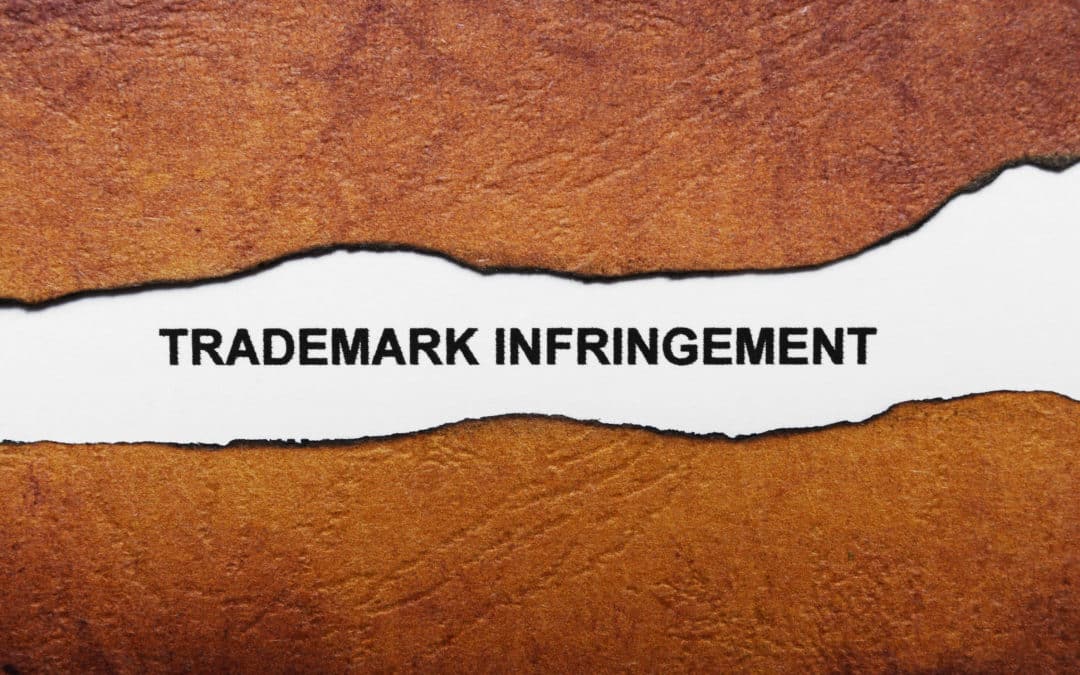Podcast (video): Play in new window | Download
Here at Verna Law, we have cases in several districts, in the federal courts.
- Southern District of New York
- Northern District of New York
- District of New Jersey; and
- the Central District of California.
One of the defining aspects of different districts in federal court is how, especially in intellectual property, the judges tried to settle cases.
For example, in the Northern district of New York, the magistrate actually has said to us in this particular case, “We have other magistrate judges who have lots of intellectual property experience,” and – let me tell you that, to my ears – that’s music. Because a lot of judges don’t have intellectual property experience.
In the Northern District of New York, this particular magistrate judge said, “Why don’t we refer this particular case to one of the judges who actually has intellectual property experience in order to help the parties settle the case?”
Fantastic. Because a lot of times, especially here in the
Southern District of New York, while there are rules to allow judges to force
the parties to settle, quite often the judges say, “If the parties aren’t
looking to talk right now and aren’t looking to settle the case, even though
there might be something small, for example, a spelling difference in a
trademark, or maybe one party doesn’t actually have evidence of consumer
confusion, well, these are cases that should be able to settle.”
But here’s a situation where a judge took control of the case, was able to say,
“Here’s somebody who’s an expert in this particular area. And if the parties
agree to go to that particular judge, we can go to that particular judge for a
settlement conference.”
I look forward to settling that particular case with the expertise of a judge who has the same experiences that I do in intellectual property, especially trademark and copyright infringement cases.
Again, Anthony Verna, Verna Law, we focus on intellectual property: patents, trademarks, copyrights, and advertising law. Thank you.


I find your posts really interesting – especially since I have no IP experience – and I always learn something.